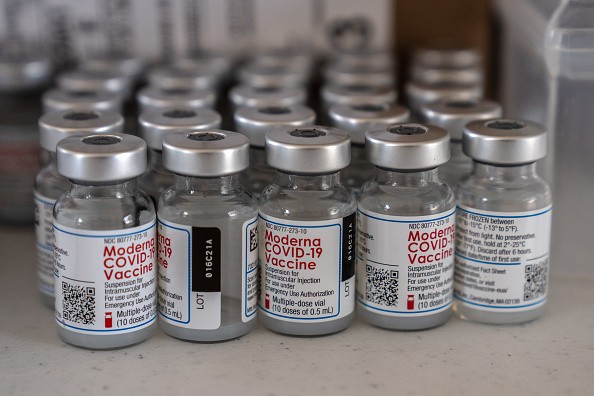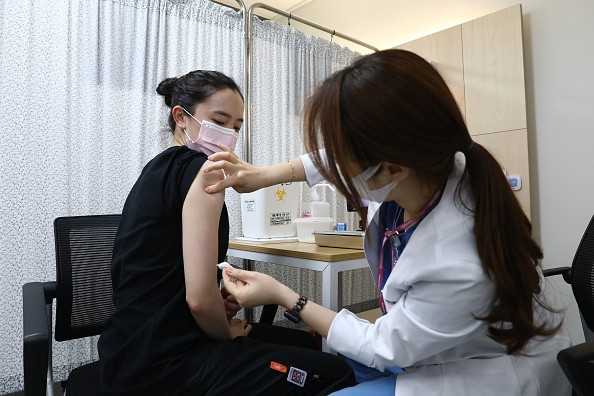What is the difference between COVID-19 vaccine efficacy and effectiveness? Understanding these terms could assist readers in making well-informed decisions when getting the vaccine.

Vaccine Effectiveness and Efficacy
With the proceeding India Covid-19 vaccination campaign, two terms that seem similar are likely to get misinterpreted: vaccine effectiveness and vaccine efficacy.
The dictionary definition of these terms is not the same as the way they are used in scientific discussion.
Most people understand vaccine efficacy to mean the percentage of people who would not contract the disease after getting the vaccine.
It is also interpreted sometimes as the percent of possibility that a person already vaccinated would be protected from the disease. However, it is not as forthright.
To get the knowledge about vaccine efficacy, one has to first understand a little bit about controlled trials that are randomized, controlled trial is a form of research design, mostly used for clinical trials - in this situation, for Covid-19 vaccines.
The Vaccine Trial
In RCTs, the study members are allocated into two comparable groups randomly. In one, which is the experimental group, the actual vaccine is given.
The other, which is the control group, receive a placebo - a neutral substance that is unharmful and is not a vaccine.
The process occurs in optimal conditions, which implies that it takes place in an environment that is controlled scientifically and is the same for both experimental and control groups.
If the result in the experimental group, is significantly better than the result in the control group, in statistical terms, the vaccine would be labeled efficacious. Covid-19 vaccines efficacy is mentioned in percentages.
The way it is been interpreted and calculated is a little more complex. If, for example, a vaccine is 90% efficacious, this implies that out of the total amount of people that were enrolled in the vaccine trial, if around 1% of the people in the control group (who got the placebo rather than the vaccine) get symptomatic Covid-19, just 0.1% of those in the experimental group (who got the vaccine) would get symptomatic Covid-19.

Covishield Vaccine
India is presently making use of two vaccines for Covid-19: Covaxin, manufactured by Bharat Biotech and Covishield, manufactured by the Serum Institute of India.
Based on the results of the first clinical trial, Covishield was 90% efficacious in prevention of symptomatic Covid-19 after two doses as per the schedule prescribed, while Covaxin is about 81% efficacious.
However, the efficacy of the Covishield vaccine has been decreased over time and the current results reveal that it is 76% efficacious against symptomatic Covid-19. Changes occur in the efficacy rates based on the interval between the first and the second dose of the vaccine.
India has changed Covishield vaccine schedule - the recommended interval between the two doses is presently six to eight weeks, up from four weeks earlier.
Related Article : Jenner Institute and Astra Zeneca at the Forefront in the Race for COVID-19 Vaccine
For more news, updates about covid-19 vaccine and similar topics don't forget to follow Nature World News!
© 2025 NatureWorldNews.com All rights reserved. Do not reproduce without permission.





